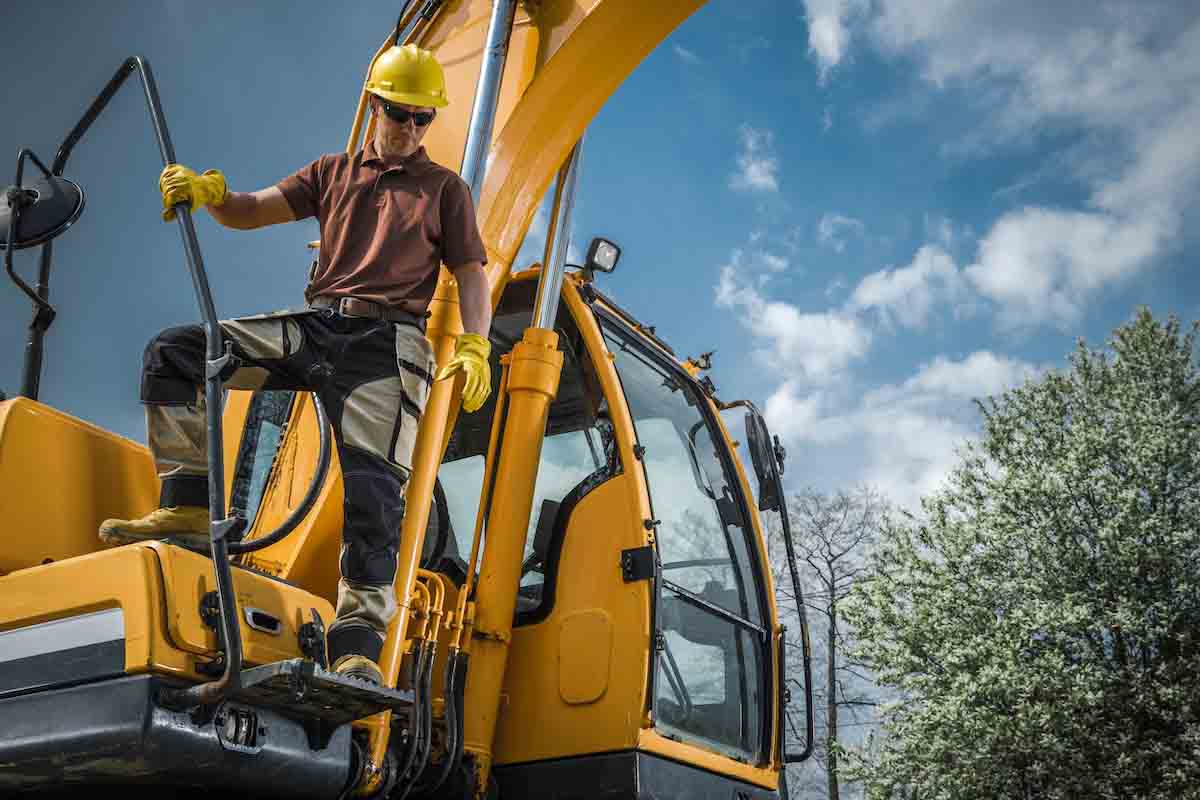Is Operating Heavy Machinery the Right Job for Me?

If you’re considering working in construction, you’ve decided on a career that is in demand across America. According to stats the Bureau of Labor Statistics released for May 2023, employment in construction added 25,000 jobs in that month alone. In the 12 months prior to that, construction added an average of 17,000 jobs per month. A great way to get into construction is to become a heavy equipment operator.
You may wonder if operating heavy machinery is a good career choice for you. Here are three things to consider before taking the plunge:
1.The Job Description
As a heavy equipment operator, you will be responsible for operating excavators and/or other heavy machinery, such as backhoes and bulldozers. You’ll dig trenches, excavate earth, and move construction materials. Someday, you’ll be able to walk into a building, drive over a road or bridge, or point to another kind of infrastructure, and you can say, “I helped build this.”
You can specialize in one particular kind of machine. You can specialize in different sectors of construction, including residential, commercial, or industrial. Your responsibilities aside from operating the machinery might also include reading and interpreting construction plans and other blueprints, loading and unloading materials from trucks or other containers, cleaning and maintaining your equipment and other tools, keeping up on safety rules and regulations around the jobsite, and reporting equipment malfunctions and safety hazards.
2.Your Education
There are a lot of different programs to choose from when it comes to operating heavy machinery. At West Coast Training, you can choose from several:
- Heavy Equipment Operator: This eight-week course provides rigorous training with many kinds of heavy equipment in the classroom and with hands-on instruction on our dedicated training site.
- NCCCO Crane Operator and Rigger: This eight-week course prepares you to operate several types of cranes, both mobile and static.
- NCCCO Mobile Crane Operator: This four-week course prepares you to operate mobile cranes and serves as the first half of the eight-week Crane Operator and Rigger course.
- Seminars and Exam Services: Once you are certified as a heavy equipment operator, you can always come back for refresher courses prior to upgrading your skills or recertifying.
Each class has no more than 12 students, ensuring that each student gets the personal attention they need and lots of time with each piece of machinery.
3.Possible Disadvantages
There are a few ways where you may not be suited to working in this environment. Oftentimes, jobsites might be in a remote location or extremely dusty or prone to extreme weather, and you might be exposed to hazards on the jobsite, including intense noise. Excavator operators may have to work long hours in harsh conditions, including weekends and holidays. If you dislike working under these conditions, this job may not be for you.
The team at West Coast Training focuses on giving students a thorough and focused education with hands-on training and small class sizes. Contact us today—we would love to answer your questions and start your career in heavy machinery today.
